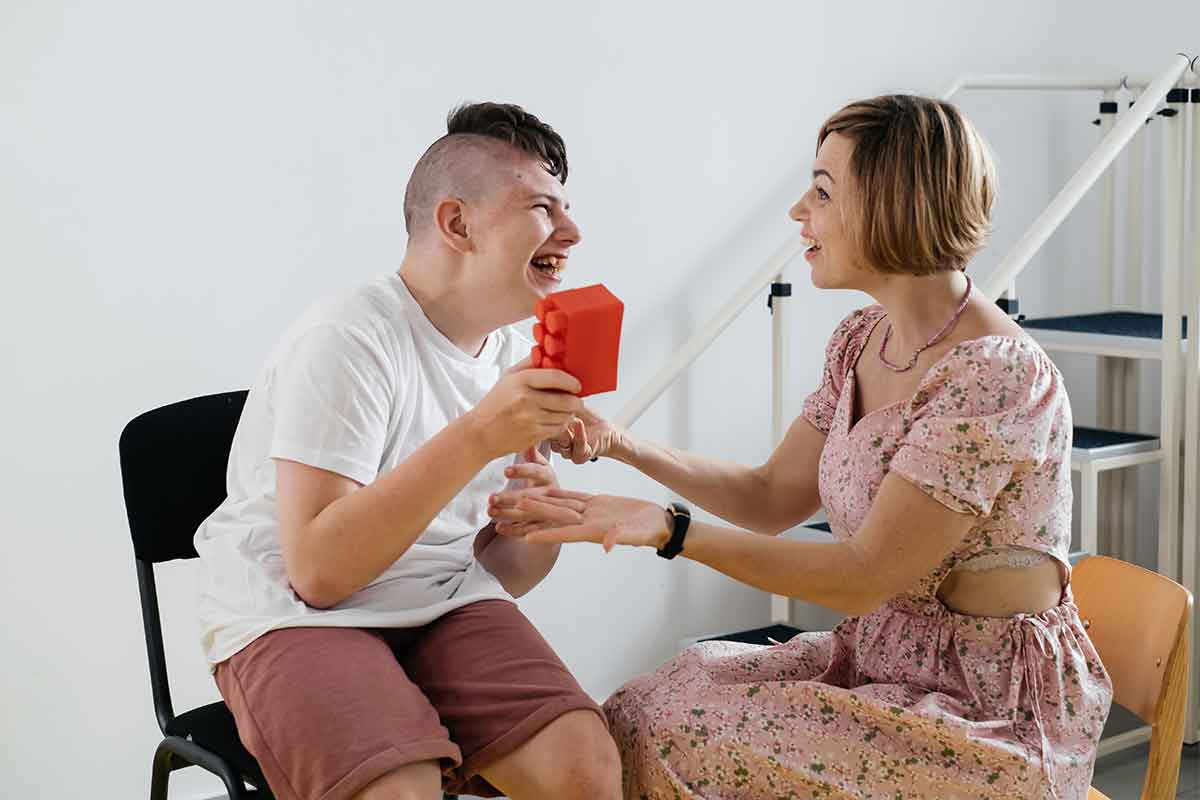Cerebral palsy (CP) is a neurological disorder that affects movement, muscle tone, and motor skills. While CP presents unique challenges, advancements in physical therapy have revolutionized the way individuals manage and navigate life with this condition. At Alton Physical Therapy, we believe in empowering individuals with cerebral palsy through personalized care, innovative techniques, and unwavering support. In this blog post, we’ll explore how physical therapy can make a profound difference in the lives of those living with cerebral palsy.
Understanding Cerebral Palsy
Before delving into the role of physical therapy, it’s essential to understand the nature of cerebral palsy. CP is caused by abnormal brain development or damage to the developing brain, often occurring before birth, during childbirth, or shortly after. This neurological condition manifests in various forms, including spasticity, dyskinesia, ataxia, and mixed type, each presenting unique movement challenges and functional limitations.
The Role of Physical Therapy
Physical therapy plays a pivotal role in the multidisciplinary approach to managing cerebral palsy. Our team of skilled therapists collaborates closely with individuals with CP and their families to create tailored treatment plans addressing specific needs and goals. Here’s how physical therapy can help:
- Enhancing Mobility and Motor Function: One of the primary goals of physical therapy for cerebral palsy is to improve mobility and motor function. Through a combination of exercises, stretches, and therapeutic activities, individuals with CP can strengthen muscles, improve balance, and enhance coordination. Our therapists utilize evidence-based techniques to address gait abnormalities, muscle imbalances, and range of motion restrictions, empowering individuals to move with greater ease and confidence.
- Managing Spasticity and Muscle Tone: Spasticity, characterized by stiffness and involuntary muscle contractions, is a common challenge for individuals with cerebral palsy. Physical therapy interventions such as stretching exercises, splinting, and neuromuscular re-education can help manage spasticity and improve muscle tone. By addressing muscle imbalances and promoting relaxation, individuals with CP can experience greater comfort and functional independence in daily activities.
- Promoting Functional Independence: Physical therapy focuses not only on improving movement but also on enhancing functional independence and quality of life. Our therapists work with individuals with cerebral palsy to develop strategies for performing activities of daily living (ADLs) more efficiently and with greater ease. From adaptive equipment recommendations to environmental modifications, we empower individuals to navigate their surroundings with confidence and autonomy.
- Providing Education and Support: In addition to hands-on therapy sessions, our physical therapists serve as educators and advocates for individuals with cerebral palsy and their families. We provide valuable resources, guidance, and support to help navigate the challenges associated with CP. By fostering open communication and collaboration, we empower individuals and their loved ones to make informed decisions about their care and future.
Living with cerebral palsy presents unique challenges, but with the right support and resources, individuals can lead fulfilling and meaningful lives. At Alton Physical Therapy, we’re committed to empowering individuals with CP through compassionate care, innovative interventions, and personalized support. If you or a loved one is living with cerebral palsy, we’re here to help you on your journey towards improved mobility, independence, and well-being. Contact us today to learn more about our specialized physical therapy services for cerebral palsy. Together, we can unlock the full potential of every individual, one step at a time.




